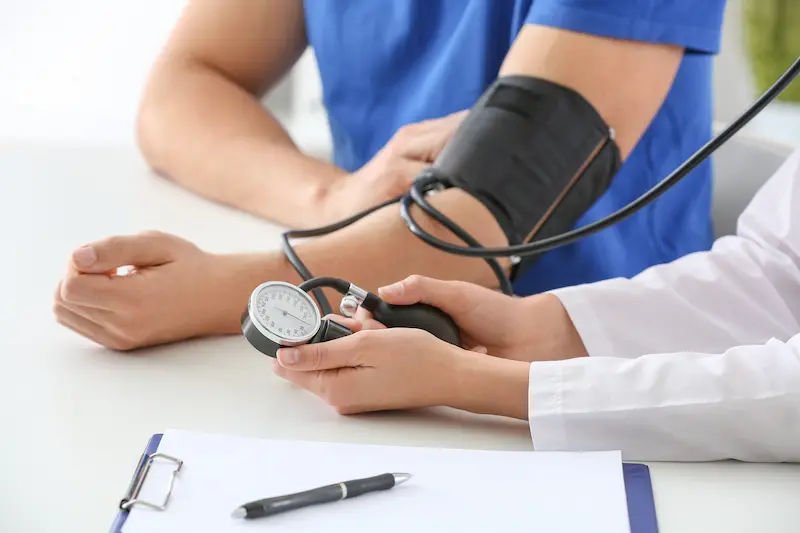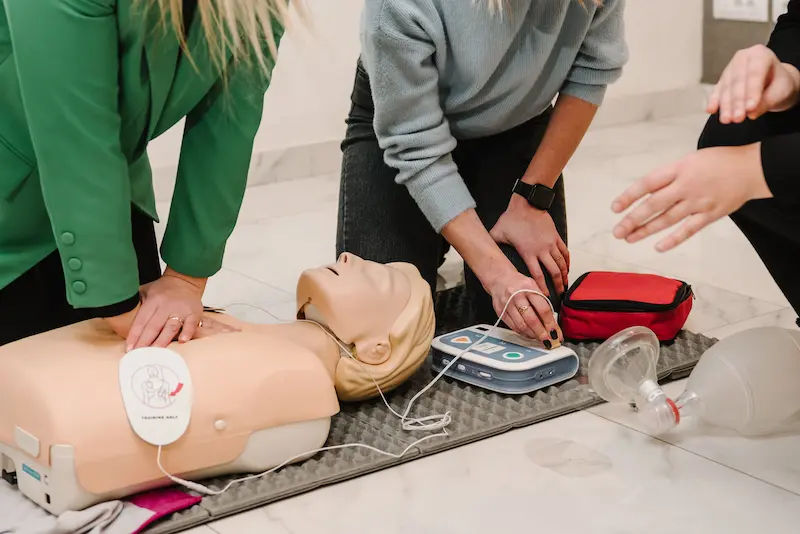- Male
- 27 Years
- 22/01/2025
I'm a 27-year-old who's just gone through some heart tests like the ECHO, ECG, and Holter. The ECHO test showed something called grade 1 diastolic dysfunction, and the ECG came up with sinus tachycardia. Thankfully, the Holter test was normal. Should I be worried about these results? And is there a way to get the diastolic dysfunction back to normal?
Answered by 1 Apollo Doctors
based on your test results, it seems like you have grade 1 diastolic dysfunction, sinus tachycardia, and a normal Holter report. Grade 1 diastolic dysfunction is the mildest form of diastolic dysfunction and may not cause any symptoms. To help reverse diastolic dysfunction, it is important to focus on lifestyle changes such as maintaining a healthy weight, eating a balanced diet low in salt, exercising regularly, managing stress, and avoiding smoking and excessive alcohol consumption. In terms of medication, your doctor may prescribe medications such as ACE inhibitors like Lisinopril or ARBs like Losartan to help improve heart function. It is also important to follow up with your doctor regularly to monitor your condition and make any necessary adjustments to your treatment plan. If you have any concerns or notice any new symptoms, please consult your healthcare provider for further evaluation and management."
Dr. Dr Khaleel Suggests...
Consult a Cardiologist
Answered 04/07/2025
0
0

More Cardiology Health Queries
View allI'm 32 and recently had a couple of ECG tests that showed an abnormal ECG reading. The first one mentioned sinus bradycardia and a borderline first-degree AV block IV conduction defect. Then, the next day, my ECG showed abnormal results again, this time with right axis deviation. I'm really concerned about whether this is a normal variation or if the machine could have made an error? Is this something dangerous that I should be worried about? What should I do next? Would love your guidance!
Sinus bradycardia with borderline first degree A-V block and right axis deviation on ECG can indicate certain heart conditions. It is unlikely to be a machine error, but it is important to follow up with a healthcare provider for further evaluation and management. In this case, you may need to consult a cardiologist for a detailed assessment and appropriate treatment. The doctor may prescribe medications such as Metoprolol to help regulate your heart rate and rhythm. It is important to follow up with your healthcare provider for proper management and monitoring of your heart health.
Answered by 1 Apollo Doctors
After reviewing my mother-in-law's recent ECG, it shows something called Concentric LVH with Diastolic dysfunction Type 1. She's 54 years old, and I'm really concerned about whether this is something serious. Can this condition be treated with medication, or is heart surgery necessary? Looking for some guidance here.
grade 1 diastolic dysfunction normal..salt restricted diet ,dash diet and regular aerobic exercises is advised to the patient.
Answered by 1 Apollo Doctors
I'm really concerned about my dad. He's been having some chest pain, and his test showed a strongly positive TMT at 7 METS, along with inducive ischemia at a moderate workload. I'm worried and trying to understand what this means. Can you help explain it to me?
Your father requires an aecho taest for further evaluation his morbid condition, a cardiac opinion is needed
Answered by 1 Apollo Doctors
Disclaimer: Answers on Apollo 247 are not intended to replace your doctor advice. Always seek help of a professional doctor in case of an medical emergency or ailment.



.webp)

